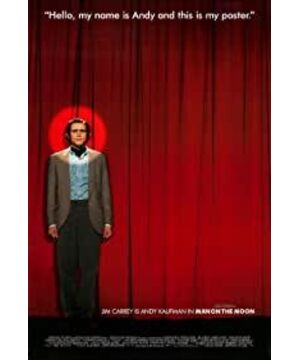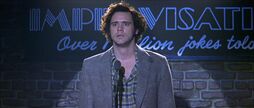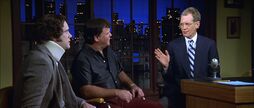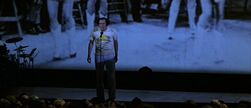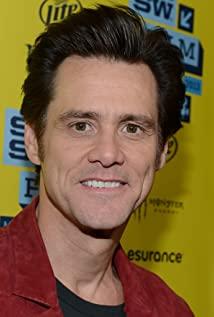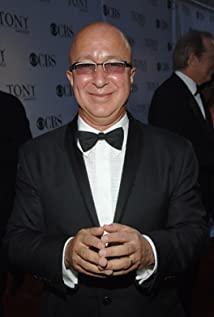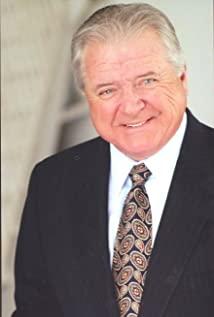When I was a child, I was keen to perform against the wall, without the need for an audience, to entertain myself. Performance was born out of an inner need, a way of self-release, an innate obsession.
In the early days, a slightly interactive playing and singing program was performed in a restaurant, which was boring and boring.
After a setback, he improved, appearing on stage as a dull, nervous, overwhelmed clown character, first performing extremely badly, then imitating Elvis so vividly, arousing great interest in the audience, and finally returning to that clown appearance. The transitions and contrasts in the middle surprise the audience and they can't help but laugh. In this way, Andy gets the audience's approval.
At the beginning, Andy may be very satisfied with the audience's reaction, but the key is not here, it should be that he thinks this way of performance is very creative and funny. But the audience didn't understand it that way. They were only interested in his funny, funny expressions and tone. The audience stays on the surface for entertainment. Andy's desire is far more than these, not limited to the square inch stage, he is not so much a comedian, as it is the planner and maker of the event.
When the audience's comprehension level does not meet the actor's requirements, it is like a great writer cannot find discerning readers. So Andy got tired of Saturday Night Live - despite the maddening fandom of the show and obsessed over something out of the ordinary. For him, the fun is not in the performance itself, but in the clever arrangement of some "accidents". The appearance of Tony Clifton, the rough parody of Bob, the glitch effect of the televised changeover, the hybrid wrestling match, etc., excites him whenever such ideas and ideas arise. These events have one thing in common: they all lead to misjudgment by the audience, resulting in different negative emotions. Even though the audience didn't get joy in these shows, they seemed happy to concentrate on the show and share their anger, resentment and contempt. For such a reaction, Andy seemed intoxicated, he felt very funny.
So what's the point of Andy Kaufman? The traditional evaluation of him has characterized him as a talented comedian, but it is strange that in the film, Kaufman emphasizes that he does not perform comedy and does not laugh. There are two interpretations of this justification: first, it is a metaphorical statement to emphasize that his comedy is different from ordinary comedies, but has a deeper meaning; second, he is indeed not positioned as a comedian in his heart Own, he's just a performer singing and dancing.
Andy Kaufman, an elusive, elusive man. You can call him a performance genius, you can call him a total lunatic; you can call him an innovative Dada artist, or you can call him a villain who only knows how to entertain himself; you It can be said that he is an excellent comedian, but also that he is destined to be a tragic character.
View more about Man on the Moon reviews


